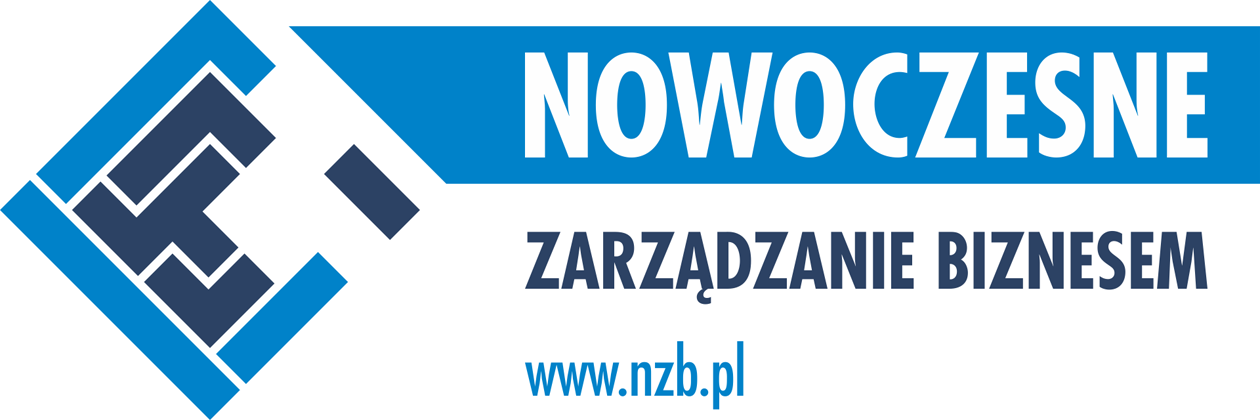Innovation is definitely not a word which comes to our minds when we think about Africa. But we should not be surprised that Africa is not only copying other wealthier countries. It is well known that necessity is the mother of invention. So what is necessary in Africa? The continent is developing very fast. Faster than any other and apparently not looking back at the financial crisis still taking its toll in Europe and other developed countries. But there is a catch to it. The infrastructure. Those countries not only lack roads and modern office buildings, but also a banking system to facilitate the flow of money to run it all.
During a two days drive from the Ethiopian capital Addis Ababa south – towards a small border town of Moyale you meet construction companies from different countries – Egypt, Turkey, China. They all build new roads very much needed for transporting goods and people. Then you cross the border through a weird double roundabout which you enter driving on the right side of the road and exit driving on the left. It tells you that you are in a former British colony – Kenya before your passport is stamped and visa issued. The tarmac road which exists on the Ethiopian side ends right on the border crossing. Kenyan Moyale is a god-forgotten place in the country’s so called “wild north”. Very different from well-developed south of the equator part of the country. The part known by all safari tourists. Here in Moyale you walk the streets and after a while take a seat in a local restaurant just by the dusty road, so you can have a glimpse of a street life there. You start watching an old lady selling mango on the street and suddenly you notice that she just sold her stuff without any money being physically exchanged between her and a customer. She just checked something on her old Nokia mobile phone and nodded with satisfaction before the customer left the street looking for further shopping.
Financial systems in Africa always had to adapt to the continent’s challenges. Former colonial powers in Tanzania were minting coins with a hole in the middle, so they could be easily carried on a rope or wire before European style trousers made their way to every corner of the globe followed by the wallets fitting into pockets. Money transfer companies used to send remittances from Europe and U.S. are ubiquitous. You find among them not only American Western Union and MoneyGram, but also for example Dahabsheel which was founded in Somalia in the ‘70s.
The technology used by the old lady in Moyale was developed by Safaricom (Kenyan biggest mobile phone operator). It started in 2007 and is already used by more than two-thirds of all adults. The idea is very simple. You top up your account at any M-Pesa agent you can find in Kenya. And Safaricom has more than 40 thousand agents around the country. Now you can transfer this money to your friend, shopkeeper, pay a bill, buy a plane ticket, etc. You just send a text with an amount you want to another phone number. Just like an SMS. It is delivered immediately. If someone sent you money and you want to withdraw it, again, you can do it at any of the same M-Pesa money agents. They are everywhere, because it is very easy to become one. That’s why many small entrepreneurs additionally to their business as usual provide also M-Pesa services. You can top your account with cash at a bookkeeper or an electronic shop.
The idea is spreading fast. When you google the term M-Pesa, the first website on the list, just below Wikipedia articles, is an Indian website of Vodafone company. “Pesa” is a Suahili word for “money”. Will it become the second most familiar Suahili word in our everyday vocabulary? Just after an unbeaten leader – “safari”. Last year M-Pesa was already introduced in Romania. Will other countries start using an African technology? Check with your traveling agency. Maybe it is already possible to book your ticket for a safari in Serengeti National Park using M-Pesa.
Piotr Stopka
|
Piotr Stopka is an Arabist and former AML analyst at the Royal Bank of Scotland. Currently coordinating Polish Center for International Aid's projects in Africa and the Middle East. |





